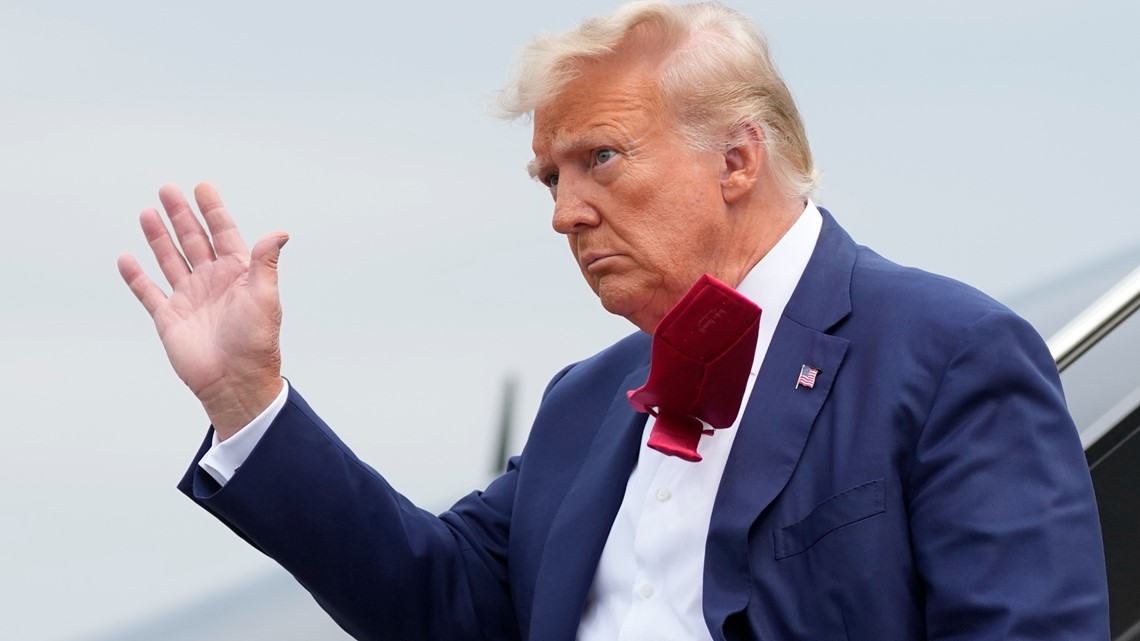For many years in a row, and even now, I have been invited by the Lal Bahadur Shastri National Academy of Administration (LBSNAA) in Mussoorie to address the combined batch of probationers for the Foundational Course which they join for training after they are selected for the civil services. One piece of advice I invariably give them is that, apart from their service preoccupations, which they should do honestly, diligently and independently, they should also cultivate a hobby and a sport. Those who do not have any absorbing interest outside their professional duties, often turn out to be insular careerists and unidimensional personalities.

I have followed this advice myself. As a diplomat and member of the Indian Foreign Service, I had a busy career. But I also developed a side interest of writing, and continued my interest in golf and bridge. In addition, I nurtured my love for classical music and Urdu poetry. In the course of my diplomatic career lasting over three decades, I wrote over 20 books on a wide variety of subjects, from Mirza Ghalib to The Great Indian Middle Class, to Adi Shankaracharya, Lord Krishna, Chanakya, and even the Kamasutra, apart from translations of Gulzar, Kaifi Azmi and Atal Bihari Vajpayee. Whenever I could find the time, I played golf and bridge — both games that I consider a form of meditation for they take the mind away from its ceaseless and sterile agitations and give them sustained focus on the game itself. Music was my relaxation at the end of a long day.
One of the most asked questions to me in any interview is how I find the time to write seriously researched books while being preoccupied almost the whole day, either as a bureaucrat, and later, in politics. My answer, with great humility, is that if you love something, you will always find the time for it. Anything else is a lie or an excuse. Of course, time management is of critical importance. But there is always time, if you plan for it. I often say that I write in the crevices of the day, but because of the paucity of time, with great concentration.
There are many bureaucrats I know who play golf at the crack of dawn, in order to be in the office on time. Finding the time is about planning and following something you love. A hobby can be anything: Photography, gardening, cooking, music, poetry, stamp collection, first-day covers, antiques, travelling, camping, yoga, chess, adventure sports, social service or wildlife. Many of our iconic leaders, in the midst of very busy political burdens and responsibilities, pursued their hobbies. President of India, R Venkataraman, with whom I worked as Press Secretary, was passionately fond of classical music, especially Carnatic music. He would painstakingly collect old and rare recordings, and I myself obtained some of these on his instructions from All India Radio. Prime Minister (PM) Atal Bihari Vajpayee’s enduring muse was writing poetry. Our first PM, Jawaharlal Nehru, was a prolific writer and wrote some of his finest books while incarcerated in jail. PM Indira Gandhi had an abiding interest in traditional textiles and handicrafts, and made a significant contribution to reviving both. President Fakhruddin Ahmed was exceptionally fond of golf, as were Vice-Presidents M Hidayatullah and Hamid Ansari. PM Narendra Modi, we are told, always has time for his daily yoga, in spite of an unrelenting schedule.
A hobby and a sport outlive one’s official career. I know of retired bureaucrats, who don’t have a moment to spare precisely because of these assets. They play golf in the morning; break for lunch; join a bridge game in the afternoon; have a swim in the evening; and wrap up a busy and happy day with a drink. Others, write their autobiographies, or books based on the wide experience they have been privy to, travel, or devote more time to the things they had an interest in but did not have time to fully pursue. Those who have done nothing except focus on their career, find time hanging on their hands, adjust poorly to retired life, become difficult spouses, and age faster.
So, the moral of the story is, that whether in government, or in corporate life, or in a profession, or self-employed, you will do yourself a great favour by acquiring an abiding interest in something outside your routine work, not only while you work, but later too.
St Stephen’s annual dinner
Last week, the annual get-together of Stephanians took place on the beautiful lawns of the Lutyens home of Justice Sanjay Kaul of the Supreme Court. It was a subscription dinner, where spouses were welcome, and provided a great opportunity for those of this alma mater of all ages to meet and catch up. College ties are valuable and need to be renewed, because with time one loses touch with one’s colleagues, both senior and junior.
Pavan K Varma is author, diplomat, and former Member of Parliament (Rajya Sabha).
Just Like That is a weekly column where Varma shares nuggets from the world of history, culture, literature, and personal reminiscences with HT Premium readers
The views expressed are personal
















